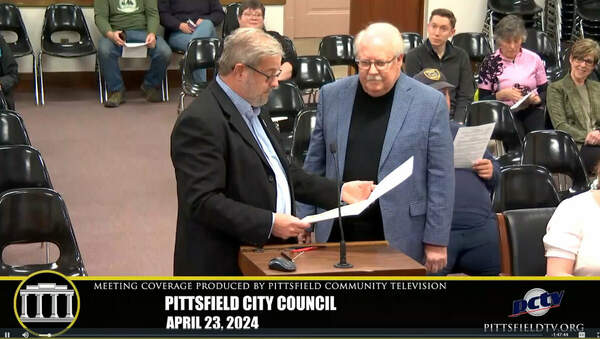Mentors Needed for Financial Literacy Workshop
 |
PITTSFIELD, Mass. — Miss Hall’s School is seeking area professional women to volunteer as mentors for its 15th annual Money Matters financial literacy workshops to be held on Monday, Nov. 17, and Wednesday, Nov. 19, at the school’s Holmes Road Campus.
Eighth-grade girls from across Berkshire County will attend the program, which provides them with a foundation of financial understanding. Natalia V. Smirnova, assistant director of Research and Education at the American Institute for Economic Research in Great Barrington, and her team will facilitate this year’s program.
Volunteer mentors — who need not have special financial training (work and life experiences are sufficient preparation) — are asked to commit to one of the program’s two days. The program runs from 8 a.m. until 2 p.m. each day, with participating students attending one of the two days. Mentors usually work in pairs with small groups of girls, taking their cues from the facilitator and helping girls carry out instructions.
During the workshop, girls will learn about the importance of financial independence, budgeting, saving, and making their money work for them. In addition, the influence of higher education on their future earning potential will be emphasized, and girls will learn about building resumes and developing professional communication skills they will need for future careers.
Money Matters at Miss Hall’s School is underwritten by lead sponsor The Guardian Life Insurance Company of America.
For more information or to register, contact Sandy Moon, assistant to the Head of School at MHS, at 413-395-7027, or smoon@misshalls.org.















